Ammonium nitrate is a chemical compound with the formula NH4NO3. It is composed of nitric acid and salt of ammonia. In room temperature, ammonium nitrate appears in a white crystalline form and it is also colorless. Its melting point is at 169.6 degrees Celsius or 337.3 degrees Fahrenheit.
These crystals are rhombohedral in shape but when they are subjected to temperatures above 32 degrees Celsius, they change to monoclinic crystals.
Ammonium nitrate is a popular fertilizer since it provides half of the N in the nitrate form and half in the ammonium form. The nitrate form moves readily with soil water to the roots where it is immediately available for plant uptake. The ammonium fraction is taken up by roots or gradually converted to nitrate by soil microorganisms. It is popular for pasture and hay fertilization since it is less susceptible to volatilization losses than urea-based fertilizers when left on the soil surface.
| Main specifications | Norm | |
|---|---|---|
| Total nitrogen (N) in solid substance, %, min | Total | 34.4 |
| including: nitrate nitrogen | 17.2 | |
| ammonium nitrogen | 17.2 | |
| Moisture (determined by Fisher method), %, max | 0.6 | |
| pH of 10% aqueous solution, min | 5.0 | |
| Granulometry | 1 to 4 mm, %, min | 95 |
| less than 0-1 mm | 5 | |
| Static strength of granules, N/granule (kgs/granule), min | 8.0 (0.8) | |
Package
Ammonium nitrate is shipped in bulk or packed in polyethylene, propylene, paper laminated 50 kg bags or in big-bags.
Transportation
Ammonium nitrate is transported by all transport facilities, except air transport, in compliance with goods transportation regulations applied to this type of transport means.
Storage
Shelf life – 6 months from the date of production.
Product Description
Ammonium Nitrate is generally used as a fertilizer. It is actually sold in the form of pellets that are coated with clay. The reason why it is very popular in agriculture is because of the high nitrogen amount in this compound. Nitrogen is a very important plant nutrient that assists in the growth and metabolic processes that the plant undergoes. Agriculturists love using ammonium nitrate since it is a cheap alternative to expensive fertilizers. It can also yield rapid growth and may increase the fruit production capacity of a plant. It may also affect the quality of green leafy vegetables since the nitrogen which is used by the plants is actually very helpful in the process of photosynthesis. Another famous use of ammonium nitrate is as an additive in explosives. Ammonium nitrate is sensitive to heat and any application of this external factor can lead to explosion. It is a strong oxidizing agent. This means that it can actually remove certain electrons from other reactants when subjected to a redox chemical reaction. This is the reason why ammonium nitrates are paired and added in combustibles like TNT and others.
Ammonium nitrate is commonly mixed with other fertilizers, but these mixtures cannot be stored for long periods because of a tendency to absorb moisture from the air. The very high solubility of ammonium nitrate makes it well suited for making solutions for fertigation or foliar sprays.
Prilled fertilizer is formed as a drop of the concentrated ammonium nitrate solution (95 to 99%) falls from a tower and solidifies. Low density prills are more porous than high density prills and are preferred for industrial use, while high density prills are used as fertilizer.
Ammonium Nitrate fertilizer is used by a lot of farmers because of its nitrogen content. But the most important thing to consider about the correlation between plants and nitrogen is the absorption. Although nitrogen is naturally found in the soil and the earth’s atmosphere, the form at which nitrogen is absorbed by the plant is very specific. An ammonium nitrate fertilizer can definitely deliver in this area. Even if bacteria like Rhizobia can convert nitrogen in the atmosphere into a form that is usable by plants, it may not be sufficient to enrich a nitrogen- deficient piece of land. Ammonium Nitrate has a chemical formula NH4NO3. The forms that which plant can absorb nitrogen are NO3 and NH4. This means that this compound is easily absorbed by the plant.
Farmers can also liberally use the product since alterations on the soil’s PH is minimal. During seasons like summer, it is very applicable to use since it evaporates much slowly than other types. Storage of this fertilizer is also easy. If you have a dry, covered, cool and well-ventilated area, you can store ammonium nitrates there.
Ammonium nitrate can be very helpful in agriculture but correct storage and handling should always be observed.

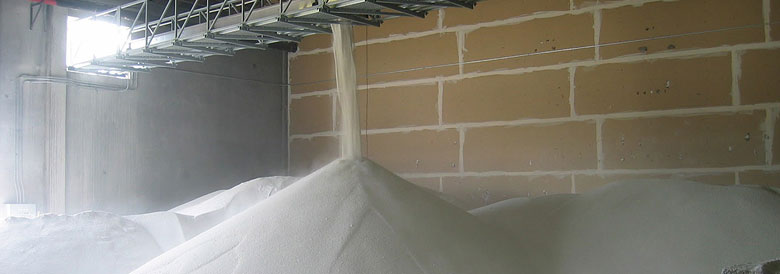
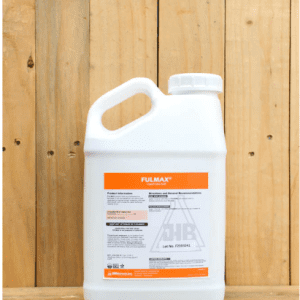
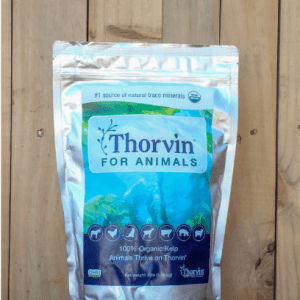
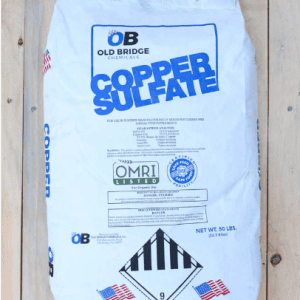
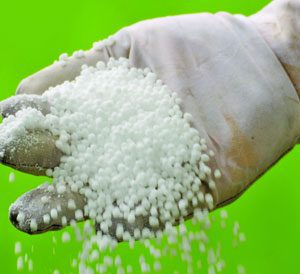
There are no reviews yet.